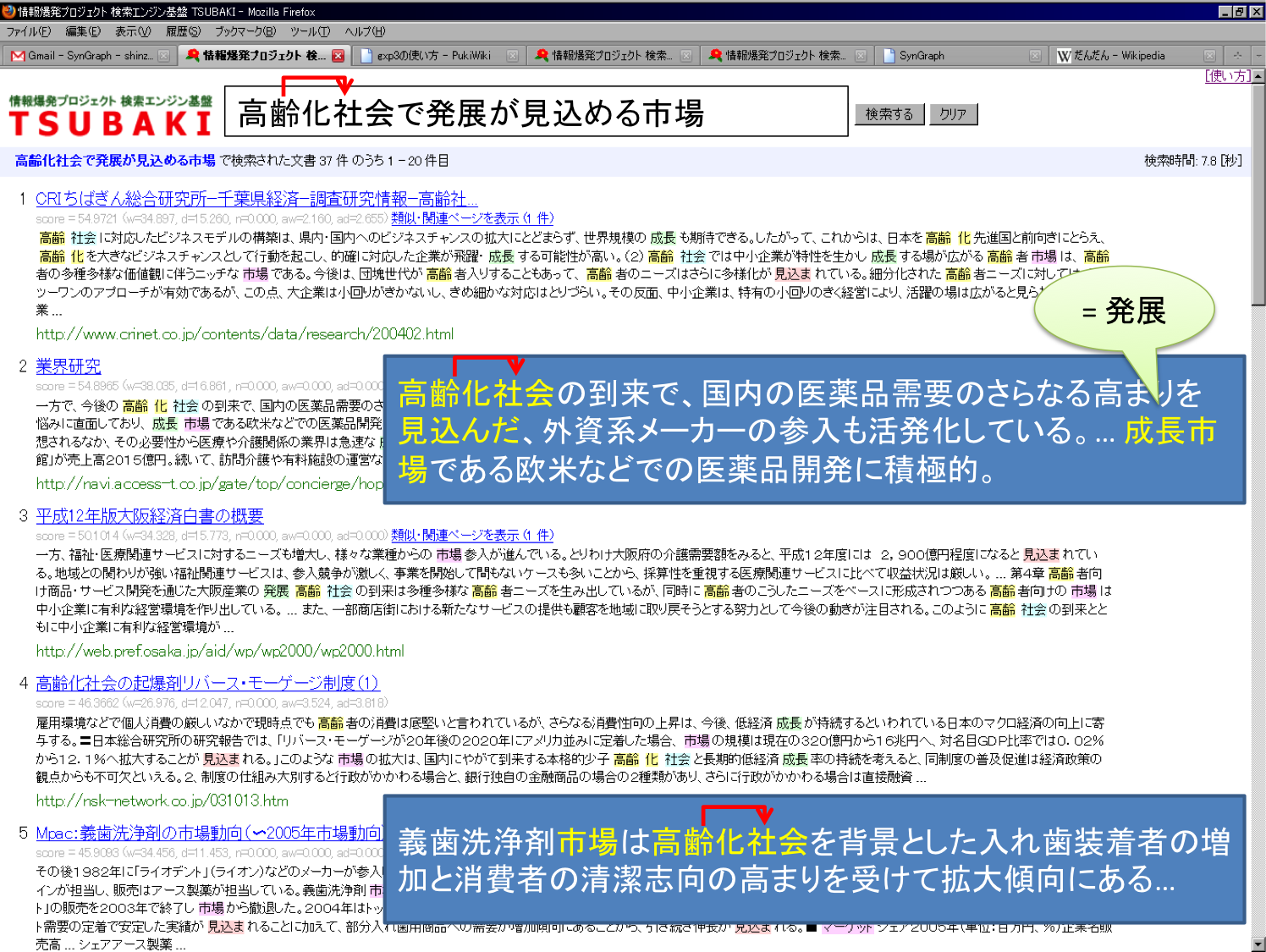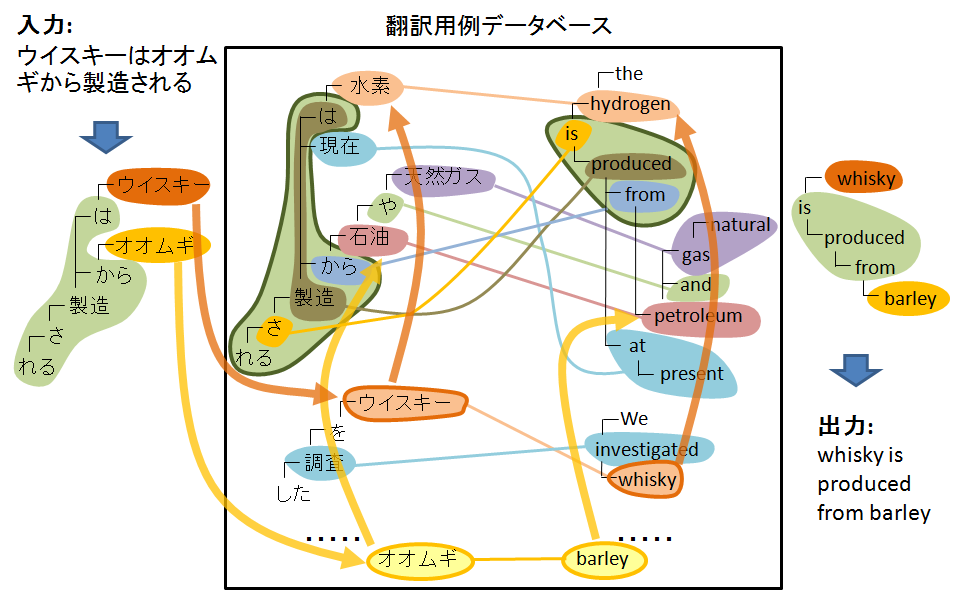- Yang Liu, Masahiro Kaneko, Chenhui Chu: On the Alignment of Large Language Models with Global Human Opinion
We will present the following paper at EACL 2026 (2026/3). †
- Chengzhi Zhong, Fei Cheng, Qianying Liu, Yugo Murawaki, Chenhui Chu, Sadao Kurohashi: Language Lives in Sparse Dimensions: Toward Interpretable and Efficient Multilingual Control for Large Language Models
- Shanshan Liu, Noriki Nishida, Fei Cheng, Narumi Tokunaga, Rumana Ferdous Munne, Yuki Yamagata, Kouji Kozaki, Takehito Utsuro, Yuji Matsumoto. Better Generalizing to Unseen Concepts: An Evaluation Framework and An LLM-Based Auto-Labeled Pipeline for Biomedical Concept Recognition
- Jivnesh Sandhan, Fei Cheng, Tushar Sandhan, and Yugo Murawaki. Deterministic Personality Editing of Large Language Models Using Adversarial Conversational History (Findings)
We will present the following paper at AAAI 2026 (2026/1). †
- Yang Liu, Masahiro Kaneko, Chenhui Chu:
On the Alignment of Large Language Models with Global Human Opinion
The following presentations and roles are scheduled for AACL 2025 (2025/12) †
- Professor Kurohashi will deliver the keynote address.
- Shimizu, a doctoral student, will chair the Student Research Workshop.
- We will present the following paper.
- Kunal Kingkar Das, Manoj Balaji Jagadeeshan, Nallani Chakravartula Sahith, Jivnesh Sandhan, and Pawan Goyal: Still Not There: Can LLMs Outperform Smaller Task-Specific Seq2Seq Models on the Poetry-to-Prose Conversion Task?
- Wan Jou She, Lis Pereira, Fei Cheng, Sakiko Yahata, Panote Siriaraya, Eiji Aramaki. EmplifAI: a Fine-grained Dataset for Japanese Empathetic Medical Dialogues in 28 Emotion Labels
|
We will present the following papers at EMNLP 2025 (2025/11). †
- Zhengdong Yang, Zhen Wan, Sheng Li, Chao-Han Huck Yang, Chenhui Chu:
CoVoGER: A Multilingual Multitask Benchmark for Speech-to-text Generative Error Correction with Large Language Models
- Yoshiki Takenami, Yin Jou Huang, Yugo Murawaki, Chenhui Chu:
How Does Cognitive Bias Affect Large Language Models? A Case Study on the Anchoring Effect in Price Negotiation Simulations (Findings)
- Yang Liu, Chenhui Chu:
Do LLMs Align Human Values Regarding Social Biases? Judging and Explaining Social Biases with LLMs (Findings)
- Jivnesh Sandhan, Fei Cheng, Tushar Sandhan, and Yugo Murawaki:
From Disney-World to Reality: A Context-Dependent Testbed for Personality Assessment of Large Language Models (Findings)
- Ruiyi Yan and Yugo Murawaki:
Addressing Tokenization Inconsistency in Steganography and Watermarking Based on Large Language Models.
- Yin Jou Huang, Rafik Hadfi:
Beyond Self-Reports: Multi-Observer Agents for Personality Assessment in Large Language Models (Findings)
- Sakiko Yahata, Zhen Wan, Fei Cheng, Sadao Kurohashi, Hisahiko Sato, Ryozo Nagai: Causal Tree Extraction from Medical Case Reports:
A Novel Task for Experts-like Text Comprehension
- Kazuma Kobayashi, Zhen Wan, Fei Cheng, Yuma Tsuta, Xin Zhao, Junfeng Jiang, Jiahao Huang, Zhiyi Huang, Yusuke Oda, Rio Yokota, Yuki Arase, Daisuke Kawahara, Akiko Aizawa, Sadao Kurohashi:
Leveraging High-Resource English Corpora for Cross-lingual Domain Adaptation in Low-Resource Japanese Medicine via Continued Pre-training (Findings)
|


